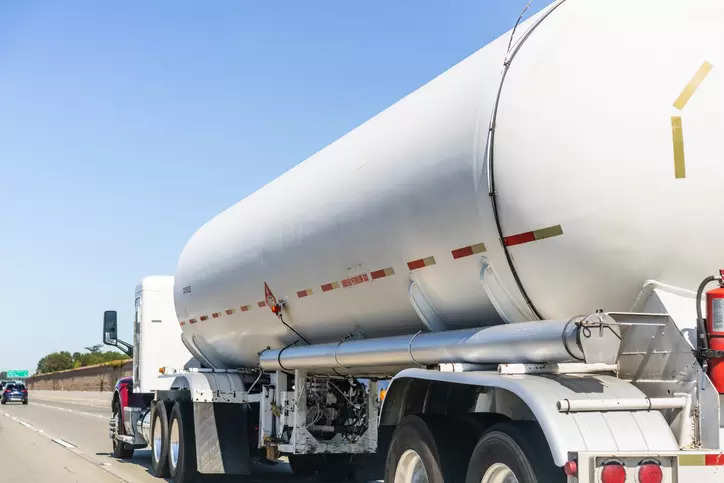To cater to these medium and heavy commercial vehicles, oil marketing companies are planning to expand the compressed natural gas dispensing infrastructure in their fuel retail outlets to dispense LNG. They are planning to set up LNG retailing outlets along major national highways.
“Setting up of an LNG station will cost anywhere up to ₹8-₹12 crore. A fuel retail outlet costs only up to ₹1.5 crore. We are evaluating options to maximise investment and expand CNG dispensing stations to include LNG,” said a senior executive from an oil marketing company.
Last month, gas marketer and transporter Gail committed an investment of ₹650 crore to set up LNG filling stations along the Golden Quadrilateral, major NHs and mining hubs. It aims to capture over 50% market share by 2030. Indian Oil Corporation, Bharat Petroleum Corporation and Hindustan Petroleum Corporation are also planning to set up LNG stations.
LNG trucks are called long-haul vehicles, as they have a driving range of 600-1,000 km in a single fuel fill, giving them an edge over other fuels. By 2030, India could see 50,000 trucks serviced through 400 LNG retail stations, according to Emkay Research. India has around 4 million trucks operating, of which 1 to 1.5 million would be diesel-run trucks. Emkay Research says 3-5% of this can be converted to/replaced by LNG by CY30, which implies 50,000 trucks.
“Assuming 150 kg per day fill of LNG, this translates into a demand of 2.4 million tonnes per annum (mmtpa). In comparison, China has an LNG fleet of over 582,000 trucks with 4,800 stations, having total volumes of 18-20 million tonnes per annum,” Emkay Research added.Push for adoption of LNG vehicles becomes important as India attempts to stem greenhouse gas emissions, reduce local air pollution in cities and increase the share of natural gas in the primary energy mix from 6% to 15% by 2030, according to a Niti Aayog report.Tata Motors, Ashok Leyland and Blue Energy are already offering LNG trucks. Tata Motors, which launched its first LNG-powered truck in December 2023, is in discussions with its anchor customers in the steel, coal, cement and container segments who are keen to move their fleet to LNG-powered trucks for mining and long-haul logistics, said Rajesh Kaul, vice-president and business head, trucks, at the firm.
For full report, go to
www.economictimes.com


